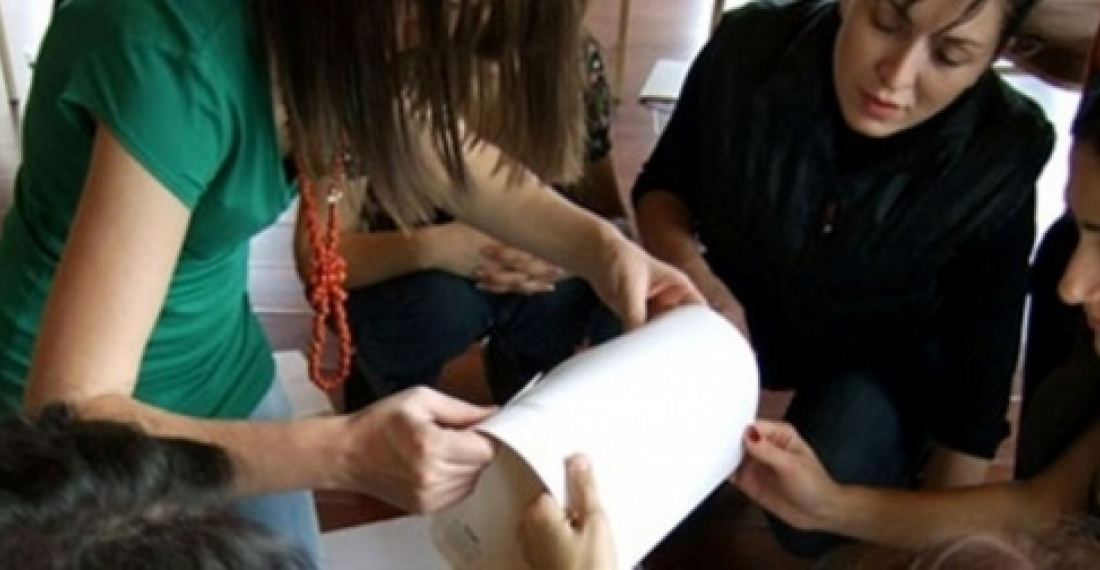Женский ресурсный центр (WRCA) из Армении, Ассоциация защиты прав женщин (AWPR) из Азербайджана и Женский политический ресурсный центр (WPRC) из Грузии организовали совместную пресс-конференцию в Тбилиси по случаю начала деятельности Конгресса женщин Южного Кавказа - региональная организация, которая будет способствовать улучшению положения женщин и полового равенства в регионе.
Пресс-конференция состоялась после координационной встречи в Кахетии 16-21 марта, где эти три организации начали развивать женскую политическую платформу на Южном Кавказе в партнерстве с фондом Kvinna till Kvinna и при финансовой поддержке Министерства иностранных дел Голландии в рамках FLOW-гранта (финансирование лидерства и возможностей для женщин).
Объединяясь под общими ценностями полового равенства, солидарности и участия, политическая платформа женщин будет безопасным и надежным основанием для женщин, женских сообществ и других женских организаций на Южном Кавказе.
"Основная цель заключается в достижении эффективных результатов в продвижении прав женщин в регионе, обеспечения равного участия женщин в политических процессах, укрепление мира и увеличение плодотворного сотрудничества между женскими неправительственными организациями, местными органами власти и международными организациями", заявляет Лара Агаронян, основатель из Армения.
"В прошлом было много разных сообществ для женщин и женских групп, - говорит Лика Надариа, основатель из Грузии - но большинство из них были искусственно образованны и часто с давлением со стороны международных доноров, на этот раз ситуация отличается тем, что это органично формируется за счет наших искренних усилии, корни которых начинаются с 2006 года, и здесь будут объединены за одним столом женщины из разных организаций, женщины-политики и международные представители". Это идея раннее обсуждалась между тремя организациями-партнерами во время серий встреч в Стокгольме, а затем прирабатывалась в Стамбуле в 2010 году. "Женщины почти не представлены в политике с ее различными формальными институтами, у нас очень низкий уровень женских лиц, принимающих решения в наших соответствующих правительствах, и это негативно отражается на нашей политике и законодательстве", добавляет Новелла Джафарова, основатель из Азербайджана.
Конгресс женщин Южного Кавказа начинает свою работу в регионе, и открыт для всех желающих. "Наши первые шаги будут по-новому переоценены и мы проанализируем роль женщин в политических процессах в наших странах. Чтобы поделиться результатами и разработать общую стратегию мы планируем провести региональную конференцию осенью в Тбилиси", заявили учредители.
За более подробной информацией о Конгрессе женщин, пожалуйста, свяжитесь с вашим местным представителем:
Lika Nadaria (Georgia), phone: +995599512514 email: l_nadaraia@wprc.org.ge
Novella Jafarova, (Azerbaijan) phone: +994503200113 email: novellajafarova@gmail.com
Lara Aharonian, (Armenia) phone: +37493992244 email:lara.aharonian@ymail.com
Источник: commonspace.eu по материалам Kvinna till Kvinna
Фото: Женщины из Южного Кавказа в Стамбуле (фото любезно предоставлено Kvinna till Kvinna)





